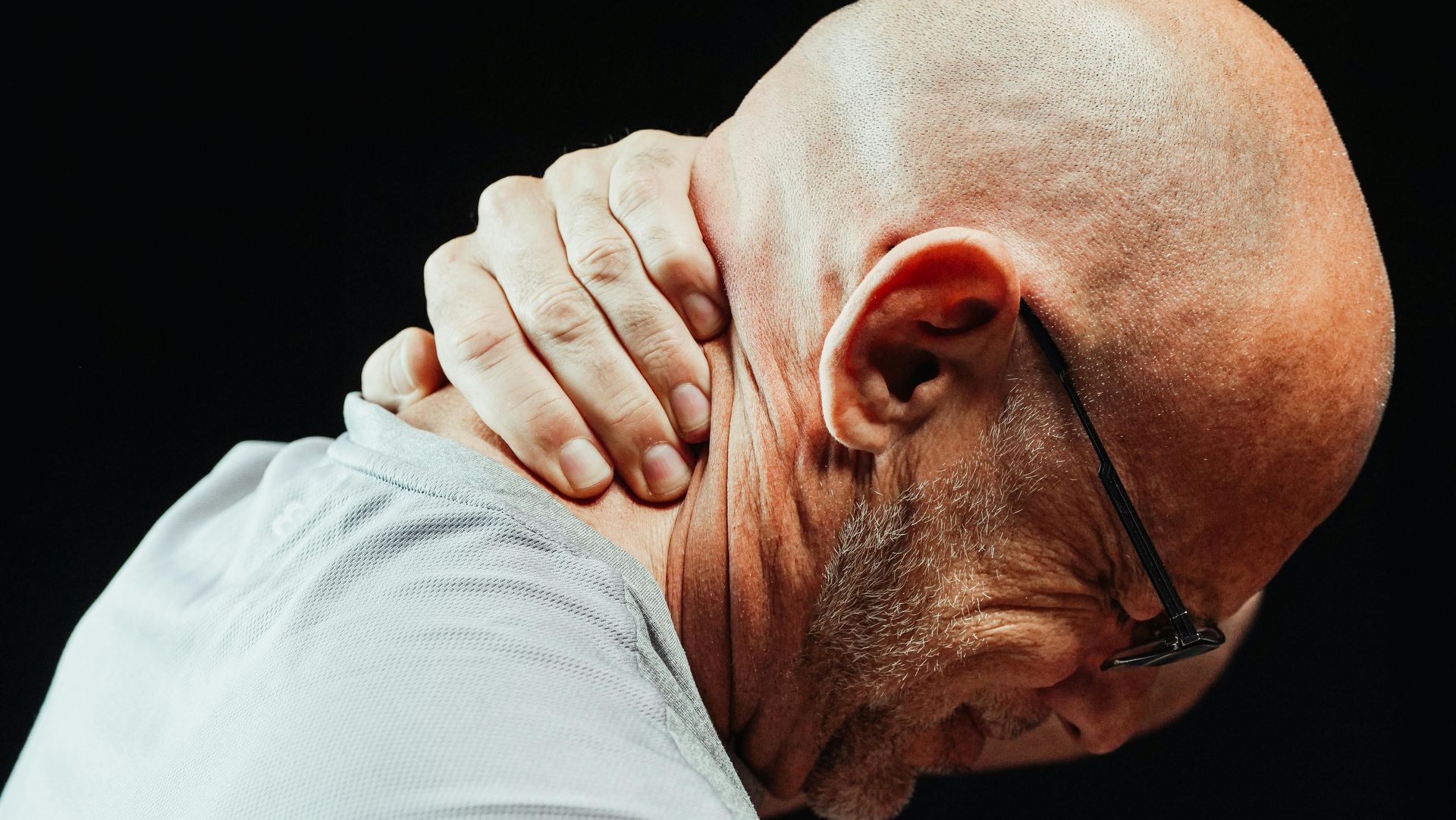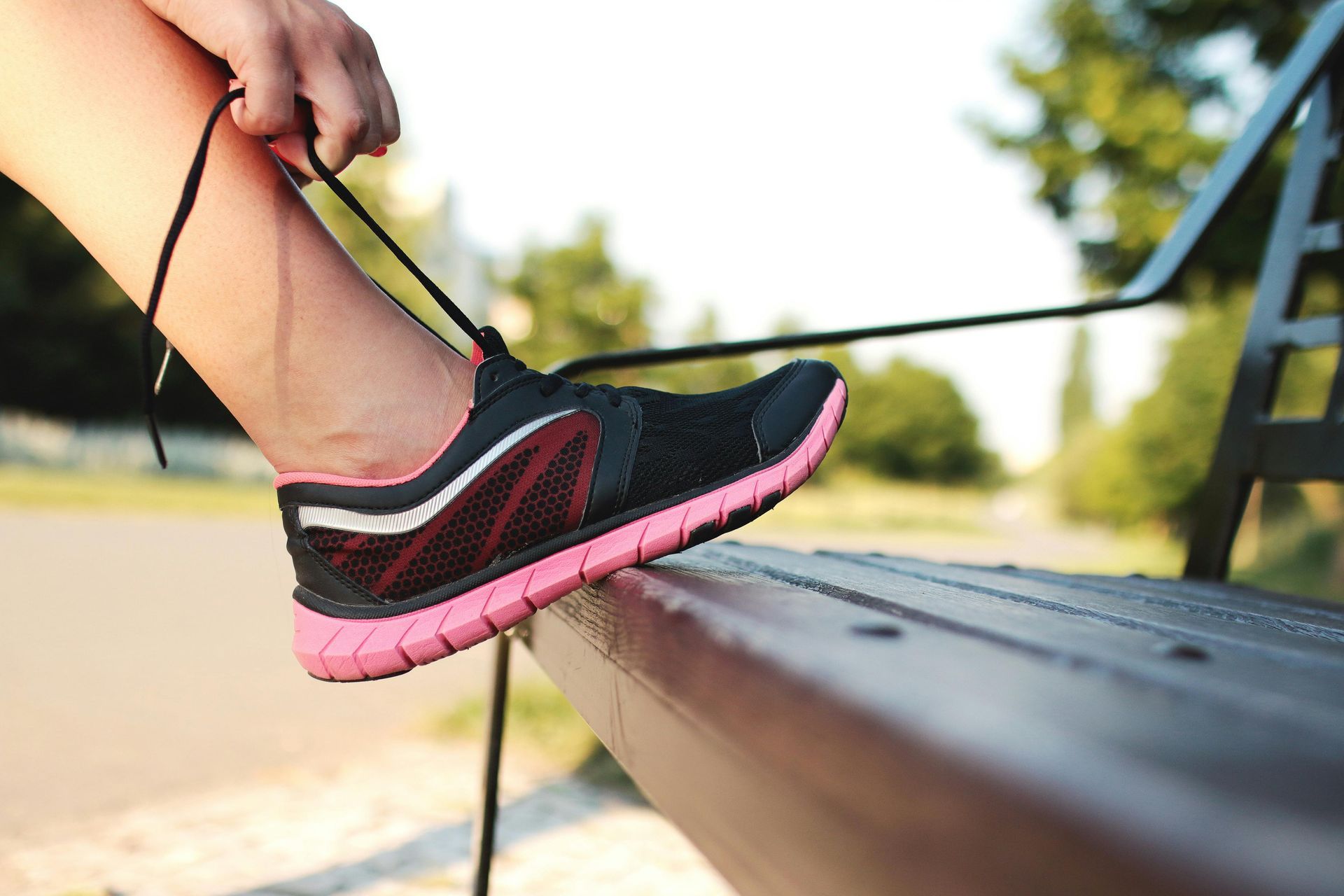5 Tips for Sleeping Better with Chronic Pain
When you’re dealing with chronic pain, sleep can be a welcome relief. However, chronic pain can make sleep difficult by preventing you from sleeping or waking you up in the middle of the night. The National Sleep Foundation reports one in five Americans struggles to sleep because of chronic pain.
If you can’t sleep, you’re probably fatigued. And if you’re fatigued, you’re more sensitive to pain. It’s a vicious cycle. If your pain is from a known cause or injury, not sleeping prolongs your recovery, because while we sleep our bodies are able to do things like reduce inflammation.
To break the cycle and help you feel better, here are 5 tips for sleeping better with chronic pain:
Create a Bedtime Routine
Pick a time in the evening to start winding down. Try to avoid using or looking at your phone, and instead try reading, journaling, listening to music, podcasts or a book – anything that helps you relax. If you’ve been prescribed pain medication or sleep medicine, take it during this time.
If applying ice or heat helps alleviate pain, you can try to incorporate that as well. Avoid stimulants like coffee or chocolate that may keep you awake. You may try some sort of meditation that helps you breathe deeply. After a few days of routine your body will get used to getting ready to sleep at a certain time, preparing you for a full night’s rest. To help with your routine, make sure you go to bed at the same time every night and wake up at the same time every day.
Exercise During the Day
Any movement that feels good or helps ease your pain should be done on a regular basis. If someone like a physical therapist has created a routine for you, that’s a great option. If walking is an option for you, it can be a great way to get outside and get some exercise.
Swimming can also be good for people with pain because it doesn’t put any pressure on your joints. Not only can gentle movement help relieve pain, but being active during the day can help you feel more tired at night and ready to sleep.
Limit Liquids Before Bed
If you’re struggling to sleep through the night, make sure to not drink too much water or anything else before bed. If your pain doesn’t wake you up, a full bladder will and you may find it difficult to return to sleep.
Improve Your Sleep Environment
Make sure your bedroom is completely dark, as light of any kind can prevent deep sleep. Avoid artificial light, like the light from your phone. Purchase blackout curtains if needed. If you find it difficult to relax in total silence, try running a fan or investing in a noise machine.
The temperature you sleep in can also make a difference – temperatures between 60 and 67 degrees Fahrenheit are considered optimal for sleeping, so consider lowering the temperature in your home or bedroom.
Consider Taking a Sleep Aid
You can find numerous natural supplements that claim to aid sleep, ranging from things like herbal tea to melatonin. Always consult your doctor before taking a sleep aid, but you might find that something like a calming cup of tea helps you relax and therefore sleep better (just make sure not to drink too much, as suggested in tip No. 3). If you are still struggling to get good sleep, ask your doctor about prescribing a sleep medication.
At Chronic Care of Richmond, we believe in your body’s ability to heal itself. Sleep is an important part of that restoration and healing process. If you try these tips and find yourself still struggling to fall asleep or stay asleep because of chronic pain, request a consultation today. As an authority on chronic pain and a leader in natural medicine, we are dedicated to helping you heal.




